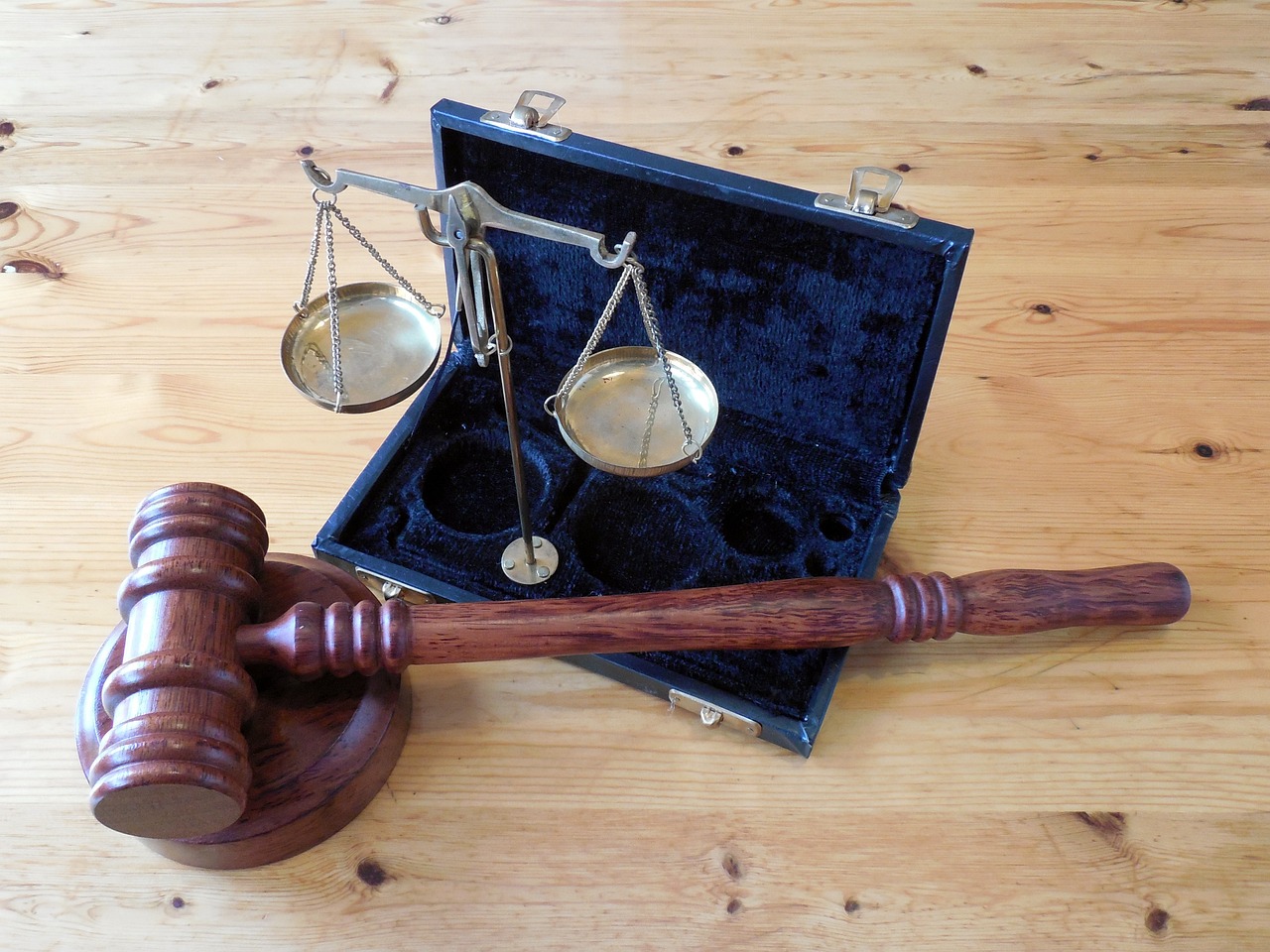
Introduction
India, with its rich cultural heritage and diverse society, places immense importance on the well-being of its senior citizens. Recognizing the vulnerability of the elderly, the Indian legal system has implemented various provisions to ensure their financial and emotional security. The Maintenance and Welfare of Parents and Senior Citizens Act, 2007, commonly known as the Maintenance Act, is a significant legislation aimed at safeguarding the rights of senior citizens. This article explores the key aspects of the Maintenance Act, highlighting its provisions, procedures, and the broader social context in which it operates.
Understanding the Maintenance Act
The Maintenance Act was enacted to address the issue of neglect and abandonment faced by senior citizens in India. The law mandates that children and heirs have a legal obligation to provide maintenance to their elderly parents. According to the Act, maintenance includes providing food, clothing, residence, medical attendance, and treatment. It also extends to the provision of reasonable expenses for the religious or spiritual needs of the senior citizen.
Eligibility Criteria
To claim maintenance under the Maintenance Act, the applicant must meet certain criteria:
Senior Citizen: The person seeking maintenance must be a senior citizen, typically defined as someone above 60 years of age.
Financial Dependence: The senior citizen must be unable to maintain themselves from their own earnings or property owned by them.
Children’s Liability: The Act primarily places the responsibility on children or legal heirs to provide maintenance to their parents. If the children are unable or unwilling to maintain the senior citizen, other relatives may also be held liable.
Legal Procedures
The process of claiming maintenance under the Maintenance Act involves several steps:
Filing a Complaint: The senior citizen, or anyone on their behalf, can file a complaint before the Maintenance Tribunal. The complaint should contain details of the person from whom maintenance is claimed and the nature of the claim.
Tribunal Proceedings: The Maintenance Tribunal, after receiving the complaint, examines the case and issues notices to the parties involved. Both parties are given an opportunity to present their arguments and evidence.
Maintenance Order: If the Tribunal is satisfied that the claim is valid, it issues a maintenance order specifying the amount to be paid and the frequency of payment.
Non-Compliance: If the person obligated to pay maintenance fails to comply with the Tribunal’s order, legal consequences, including fines and imprisonment, can be imposed.
Challenges and Solutions
Despite the existence of the Maintenance Act, there are challenges in its implementation. One major issue is the lack of awareness among senior citizens about their rights and the legal recourse available to them. Community outreach programs and campaigns can play a crucial role in addressing this challenge.
Additionally, the government and non-governmental organizations can work together to create a supportive environment for senior citizens. This includes establishing old age homes, healthcare facilities, and recreational centers to enhance their quality of life.
Conclusion
The Maintenance Act stands as a beacon of hope for senior citizens in India, ensuring that they do not suffer neglect or abandonment in their twilight years. By understanding the provisions of this legislation and raising awareness about its existence, society can collectively contribute to the well-being and dignity of its elderly population. As India progresses, it is essential to uphold the cultural values that emphasize respect for elders and integrate these values into the legal framework, ensuring a secure and comfortable life for every senior citizen.









